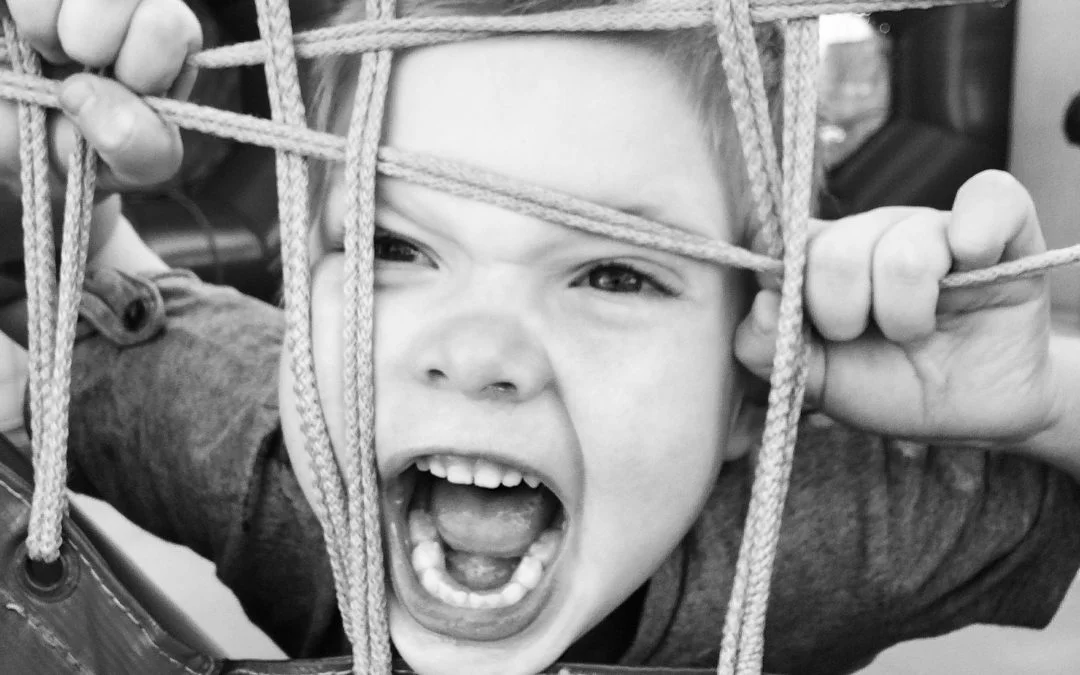
There was a time when hitting kids as punishment was considered acceptable and normal, and took place in both schools and at home. These days, however, smacking is illegal in areas of the UK and only allowed as ‘reasonable punishment’ in others.
What the law says
In both Scotland and Wales there is a legal ban on smacking children. In England and Northern Ireland it is illegal for:
- a parent or carer to smack their own child unless it amounts to “reasonable punishment”. This is assessed by taking into account the child’s age and the force of the smack.
- teachers, nursery workers and workers in other education settings to ever hit children in their care.
- a privately employed babysitter or nanny to smack a child in their care. That is, unless the parent has given specific permission.
While there is no specific guidance on what is “reasonable punishment”, it is generally considered that it would not include any punishment that would leave marks on the skin or lasting pain of any kind.
Why smacking doesn’t work
Research shows that not only is smacking ineffective, it is also incredibly damaging. It impacts a child’s social, emotional and cognitive development negatively. Children smacked in childhood are far more likely to suffer from depression and anxiety. They are also more likely to resort to drug use or aggression when they’re older.
Brain research has shown that children who are smacked have underdeveloped functioning skills. Also, the part of their brain that controls fear becomes stuck in an anxious ‘fight or flight’ mode.
Smacking a child teaches kids that it’s ok to use violence. Research shows that they are far more likely, therefore, to end up in abusive relationships when older.
Rebecca Leal, Family Support at Spurgeons charity says, ‘There are may reasons why parents use smacking as a form of punishment. However at Spurgeons we don’t support smacking as a means of discipline and instead look at other ways of managing our children’s behaviour’.
So what are the alternatives?
There are other, far more effective ways to teach children good behaviour. As parents we can show children how to manage self-discipline and take responsibility for their choices. Smacking teaches nothing about how to navigate the world, build relationships or confidence in themselves.
Children learn best when they know they are valued and respected, rather than shamed or constantly living with feeling scared.
Some effective alternatives to smacking include:
- Setting clear boundaries in a loving, collaborative way. Children can even be included in making house rules.
- Where possible, discipline should be supported by both parents and not all left to one – no more ‘wait til your dad gets home…!’. Doing this could have negative effects on all relationships in the home. Partners becoming resentful of each other that they are the only one who seems to care about discipline. Also, children begin playing off the stricter or more laid back parent.
- Having realistic expectations for their behaviour based on their age.
- Using consequences instead of smacking- for example ‘you took a biscuit when I said you couldn’t. Unfortunately that means you can’t have any tomorrow.’
- Praising them. Using praise helps build their sense of self-worth, builds a positive relationship between you and encourages good behaviour.
Ultimately as parents we want out children to grow in to well-balanced, happy adults who know right from wrong. As Spurgeons support workers have found, the key is open communication and clear boundaries, in a loving, supportive environment.
For more information about parent support and parenting courses or to make a referral please visit Spurgeons.









